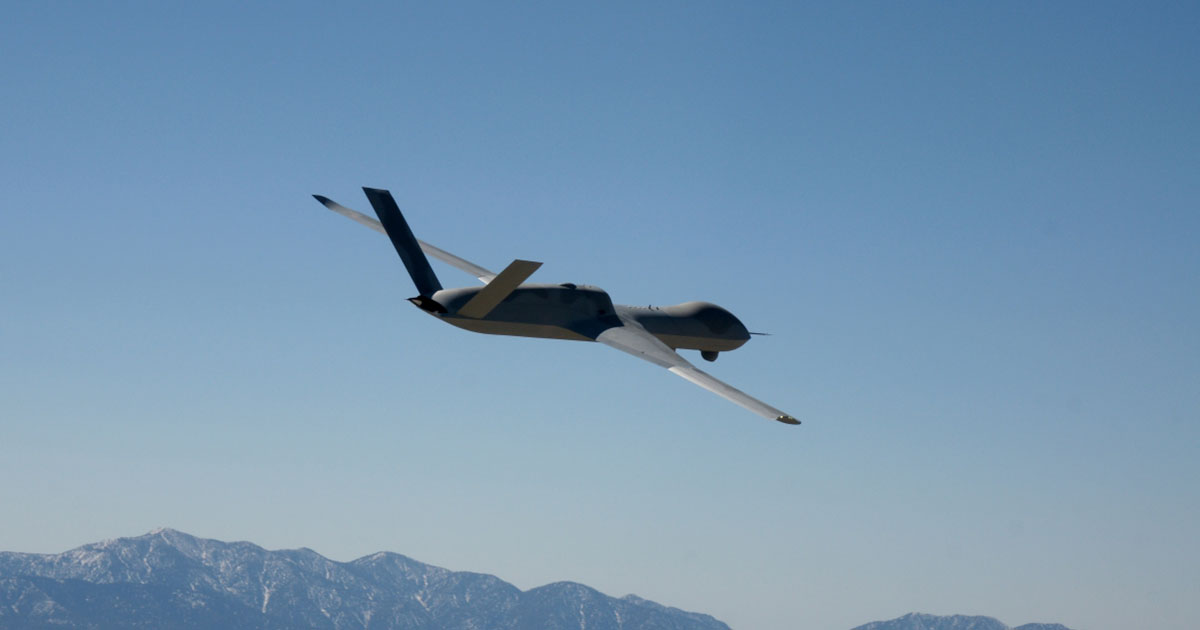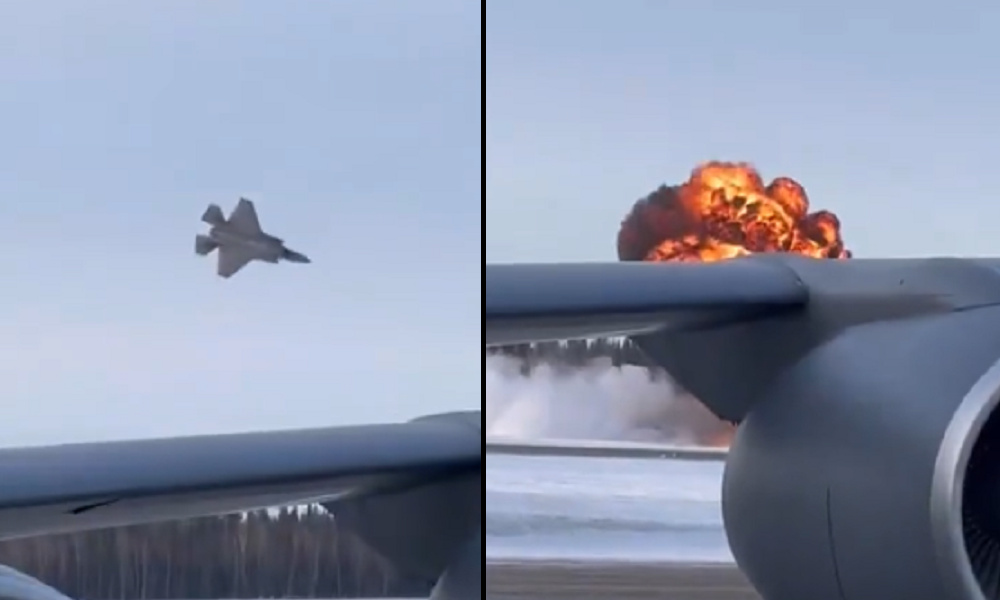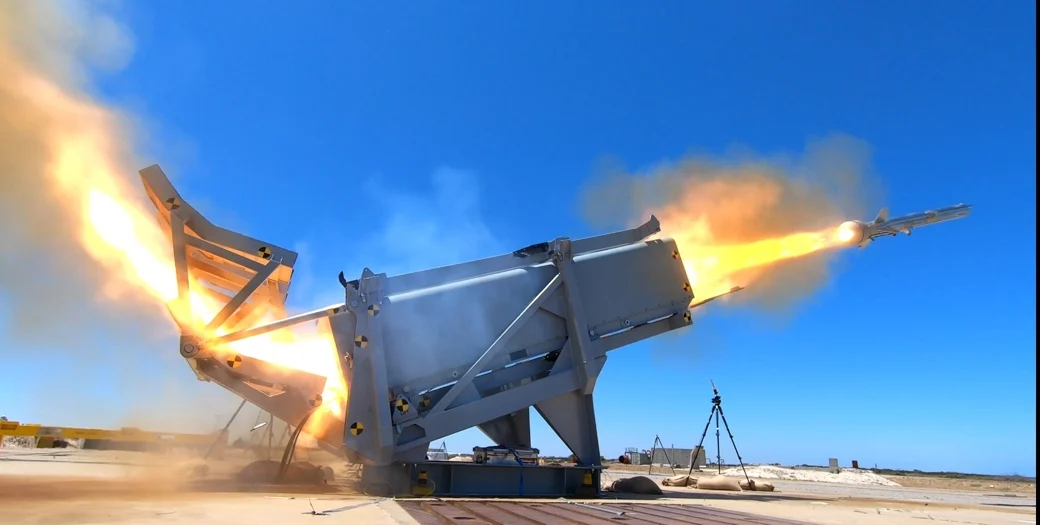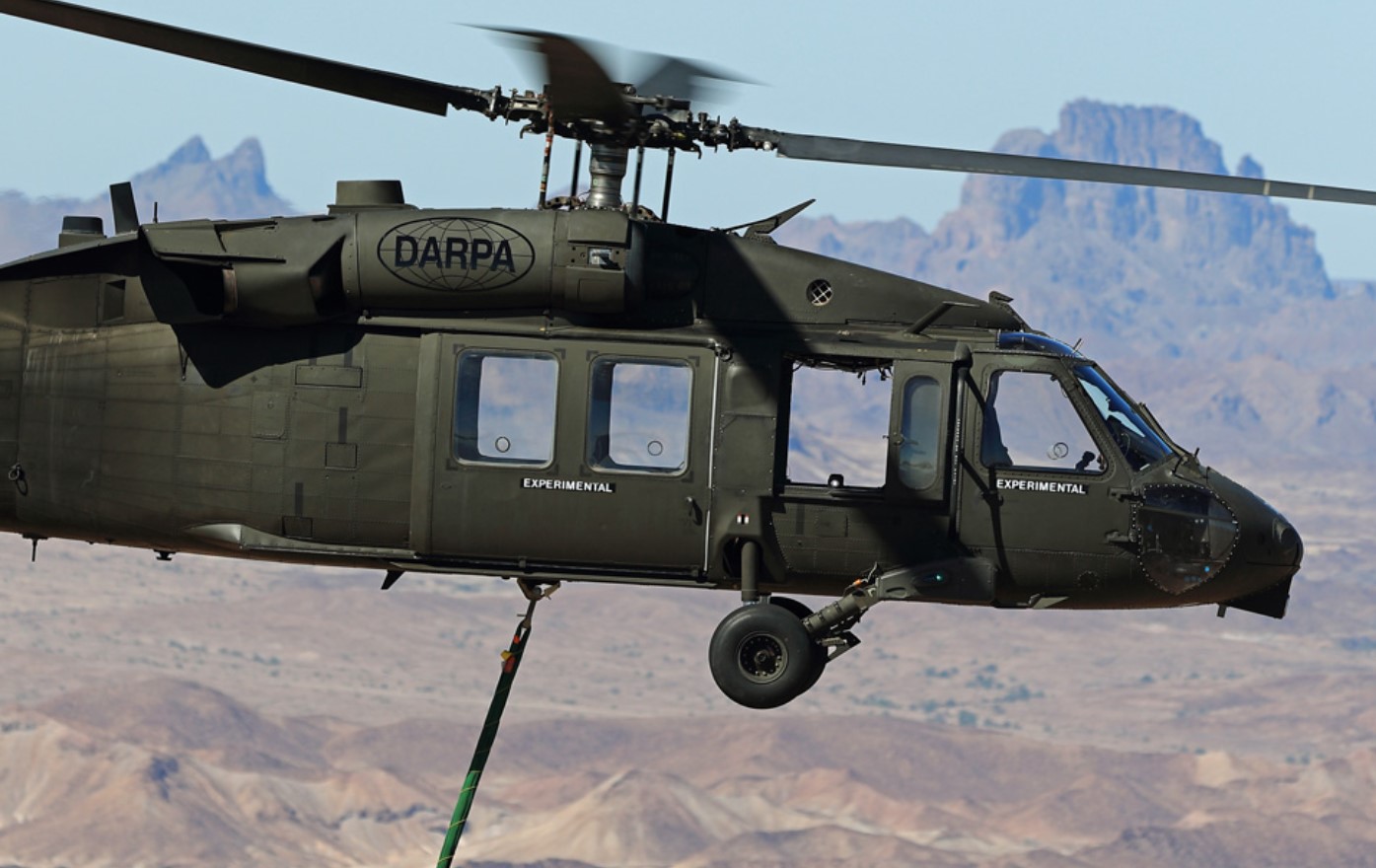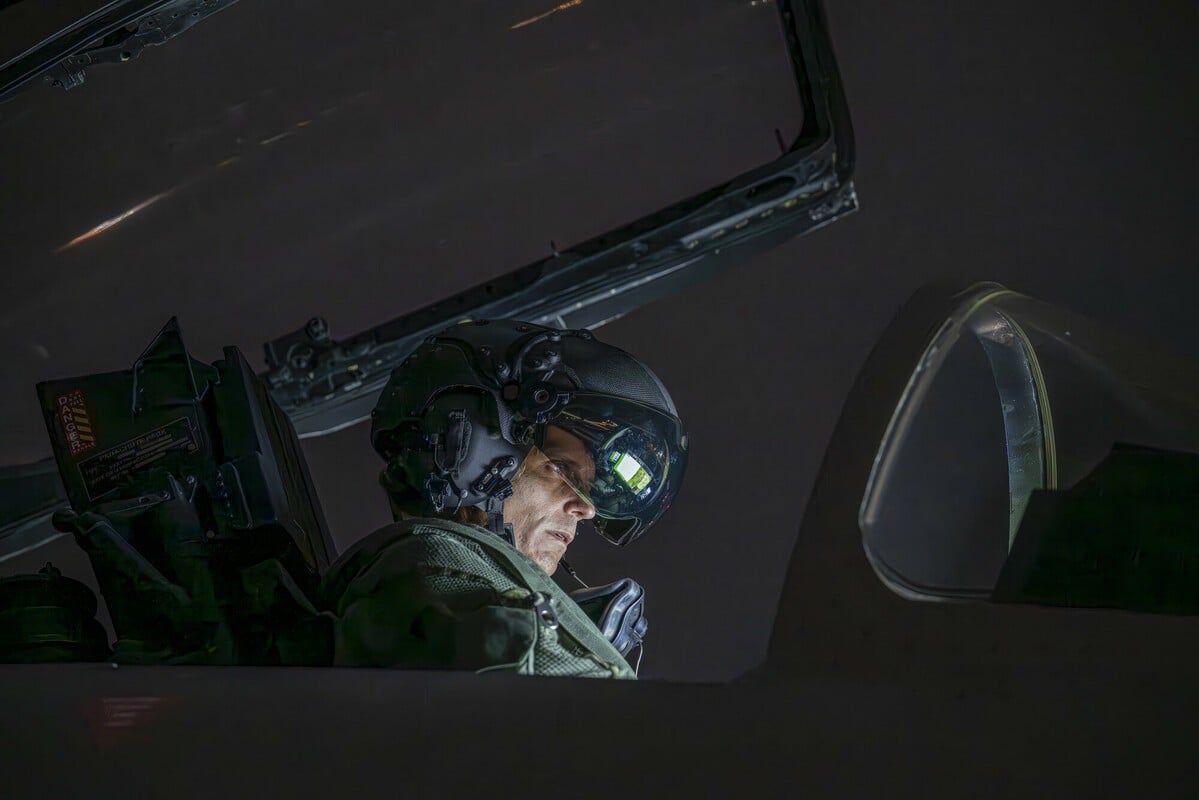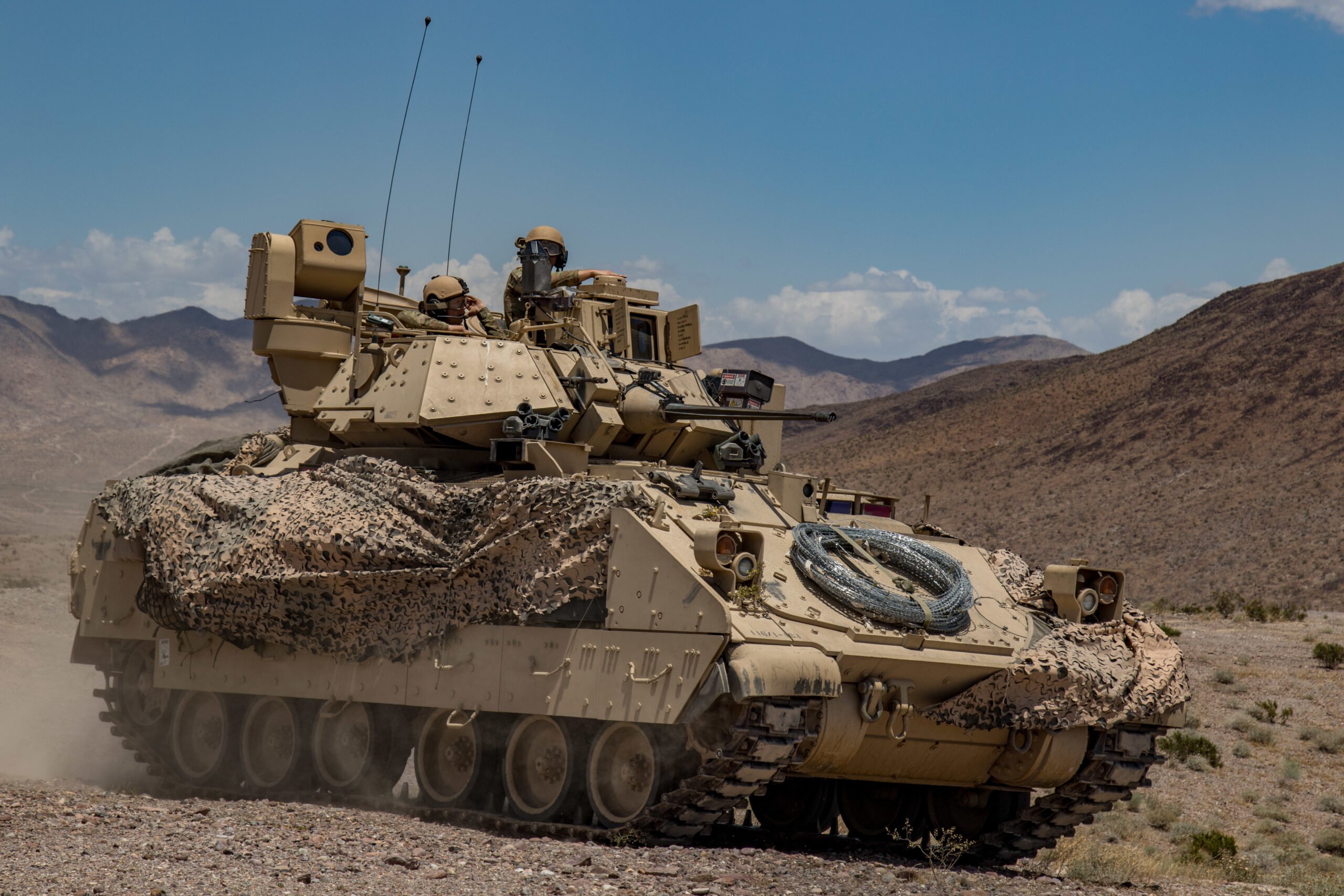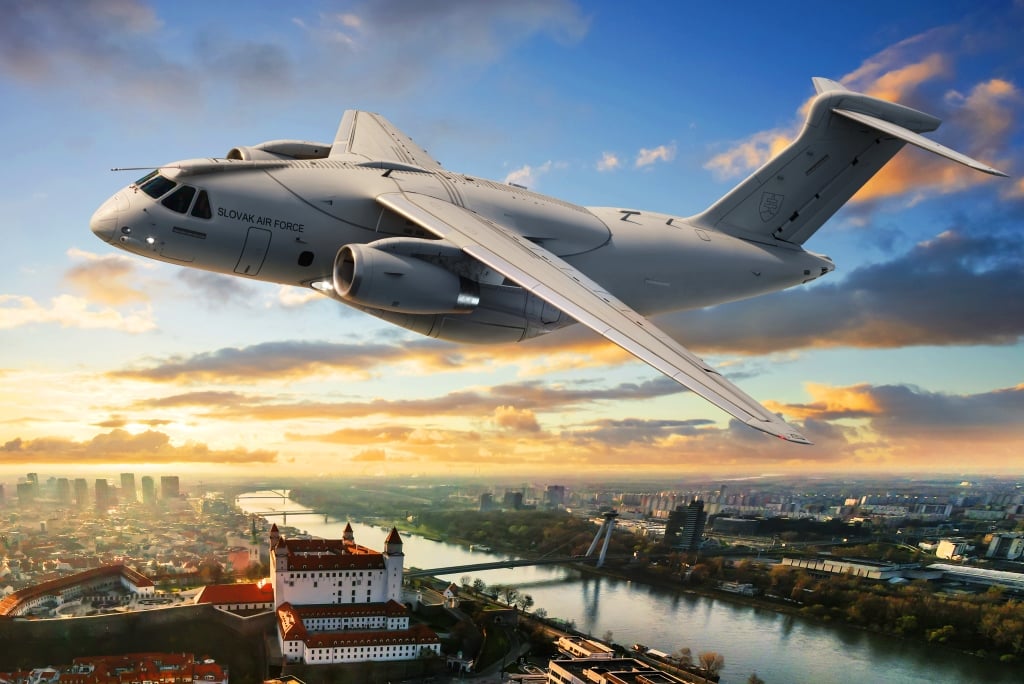General Atomics Aeronautical Systems Inc. (GA-ASI) and Lockheed Martin have successfully completed an autonomous flight test of the MQ-20 Avenger for the U.S. Navy’s Collaborative Combat Aircraft (CCA) program at the Naval Air Station Patuxent River in Maryland. This significant milestone is part of the Navy’s ongoing initiative aimed at developing 1,000 “loyal wingman” systems that are designed to work in tandem with manned bombers and fighter jets.
During the flight demonstration, the MQ-20 Avenger was integrated with the U.S. Navy’s Unmanned Carrier Aviation Mission Control Station (UCMS), which serves as a command and control platform to oversee unmanned assets, including the Boeing MQ-25 Stingray. The integration of the UCMS with Lockheed Martin’s Multi-Domain Combat System (MDCX) was crucial for facilitating effective operation of the Avenger during the test.
A key feature of this flight was the connectivity established between the UCMS and a proliferated low-Earth orbit satellite constellation. This setup allowed flight controls and mission systems data to be relayed to personnel stationed in Maryland, who managed to safely pilot the drone remotely from GA-ASI’s operations center located in California.
David Alexander, President of GA-ASI, highlighted the collaborative nature of this effort, stating, “This effort was a prime example of industry partners and government agencies working together to perform important new capabilities. The team efficiently and safely demonstrated aircraft flight control from another government agency’s control station. The team not only executed airborne commands, but did so in a safe, controlled environment.”
As part of its commitment to the CCA program, General Atomics signed a contract in April 2024 to design, construct, and trial a pre-production version of the MQ-20 Avenger. In a parallel effort to bolster the development process, GA-ASI utilized a “digital twin” of the MQ-20 in January 2023 to validate the drone’s artificial intelligence and machine learning capabilities further.
The U.S. Navy anticipates unveiling the selected design for the CCA initiative in 2026, paving the way for the production of fully operational aircraft in the 2030s. This initiative marks a significant advancement in military aviation, promising to enhance the capabilities and effectiveness of the Navy’s air power in future combat scenarios.

